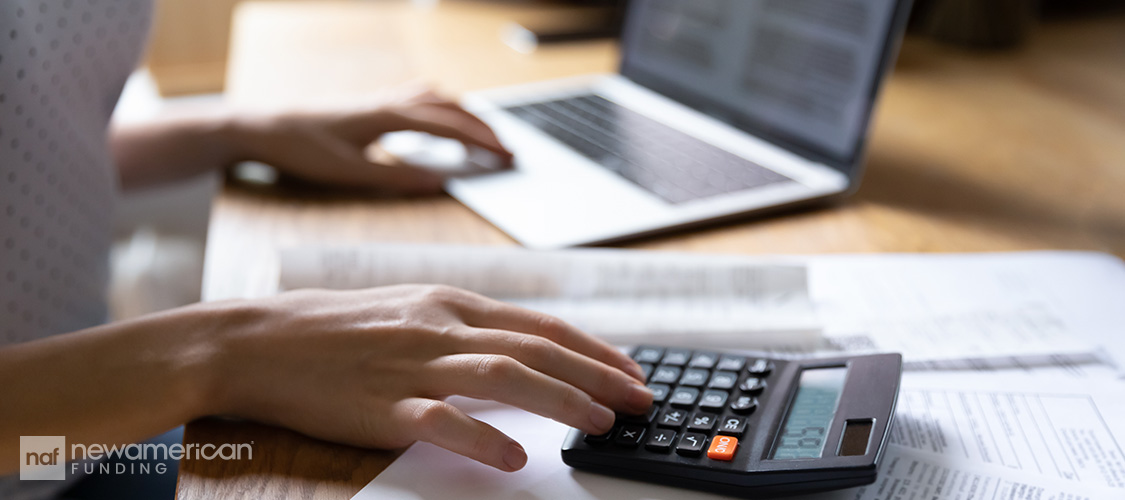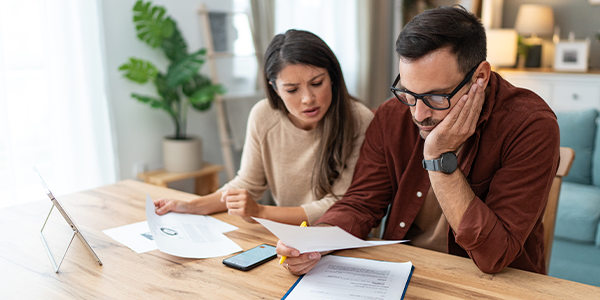Homebuyers
Escrow Fees Explained: What Every Homebuyer Should Understand
May 2, 2025
Purchasing a home remains a goal for many people. But coming up with a down payment isn’t the only big expense that homebuyers typically face.
They are also responsible for paying closing costs, which generally includes putting money into an escrow account until the sale goes through.
These are costs the buyers may not be aware of that will add to the amount they had planned to pay for a home.
Even sellers may not know just how much money the sale will cost them, taking a chunk out of what they hoped would be all profit.
What are escrow fees?
Escrow costs generally include the fees involved with buying a home. These often include:
- Mortgage origination fees that are paid to the lender
- Property taxes and local government fees
- Homeowners insurance premiums
- Title insurance premiums
- Real estate attorney fees
- Escrow company fees
In addition, buyers often place their earnest money deposits into escrow accounts. This is their “good faith” deposit to show the sellers that they plan to go ahead with the purchase.
These fees typically are placed in an escrow account, which is a neutral third party that holds the money until the deal closes. It is often set up by your mortgage lender.
“[The escrow company] will set money aside for each party” involved in the sale, said Sergio Garáte, director of the Goizueta Real Estate Program at Emory University in Atlanta. “There’s the amount of money that we need to pay to this person and there’s how much money we need to pay to the other person.”
How much are escrow fees?

Many homebuyers don’t realize how much escrow costs will be. Generally, these fees add up to between 1% and 2% of the purchase price of the home.
The amount varies based on where the home is located, which expenses are included, and the escrow company used to maintain the account and disburse the funds.
“The buyer submits ‘earnest money’ with their offer,” said Tres Kirkland, a real estate agent with Atlanta Communities Real Estate in Woodstock, Ga. “This is just to show they are serious.”
“At closing, this money is released and applied to the buyer’s down payment or closing costs,” said Kirkland.
These expenses are in addition to your down payment. It may be possible to roll some of these escrow fees into your mortgage, but it’s important to weigh the pros and cons of doing so.
If you roll the fees into your mortgage, you will pay interest on that amount for the life of the loan.
Some escrow fees may be negotiable
In some cases, the buyer and seller agree to split escrow fees evenly. More often, though, they negotiate.
For instance, a seller may offer to pay more than the buyer to close the sale. Or the seller may agree to contribute to repairs on the home to seal the deal.
It’s usually a good idea to negotiate because it could save you some money.
“Rarely, but sometimes, the seller has agreed to provide an ‘allowance' for some type of repair that is going to be done after closing,” Kirkland says. “The closing attorney may hold these funds in an escrow account until the repairs are completed and then will release the funds to either the contractor or the buyer.”






 Smart Moves Start Here.
Smart Moves Start Here.